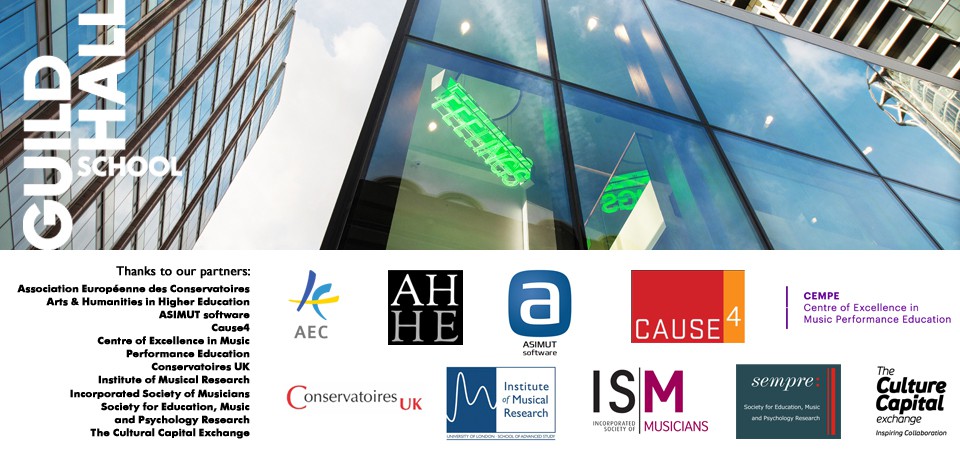Georg Schulz, Professor and previously Rector at the Kunstuniversität in Graz, calls for elearning to support students getting through basic subject knowledge in order then to pursue their own particular artistic interests when face-to-face with teachers. Please add your comments in the “Leave a Reply” box below.
Curiosity into the heart of the curriculum!
Curiosity and a reflective attitude help with so many crucial issues: developing an artistic personality, acquiring entrepreneurial skills necessary for a sustainable career, enlarging our ability to evoke similar curiosity in audiences and other musicians, or becoming an inspiring teacher – to mention some important ones.
The conservatories in Austria have been very successful, something which is often demonstrated by the immense number of foreign students wanting to study in Austria. There has been no need to change curricula to become really student-centred while processing the Bologna reform, and Austria is truly not the only country where this has been the case.
At the end of the 20th century curricula were defined by the federal ministry in terms of input – simply measured in teacher-student contact time. The number of contact hours a performance student had to have for example in music history was mandatory. Later on, mandatory hours were allocated only to for example musicological subjects in general, and finally only the overall amount of contact time was prescribed, this determining the possibility of awarding an academic degree in each field of study.
From 2004 onwards the state music universities in Austria became totally free to design their curricula, but for the very good reason of continuing steady employment of existing teachers, only small things were changed, and new challenges such as entrepreneurial skills inevitably became additional subjects rather than being embedded within existing teaching. As a result, students now often complain that they are using most of their time just fulfilling these extensive curriculum requirements.
What makes this even more problematic is a lack of linking across subjects. One of the reasons for this is the structural heritage in these academies that meant that, for example, harmony teachers were selected by music theorists and composers, piano teachers for other instrumentalists were selected by the piano teachers, and so on. Each of these subjects is extremely well taught but there is no connection between them to the individual artistic development and music-making of the students.
In my own experience as an instrumentalist (classical accordion) I only started to become interested in harmony when I wanted to make good arrangements. My curiosity woke completely up when I began to see the connections of what I have learned to my artistic practice.
Unfortunately there are still too many subjects currently taught as they were when I studied, for example solfeggio taught in groups of eight students, exclusively using an approach of knowledge-transfer. Students with perfect pitch sit getting bored whilst they wait for students with insufficient precollege education in solfeggio struggling with the subject.
One solution may be to provide as much as possible of the basic knowledge through E-learning. Our students are used to digital media, and habitually socialize through discussions forums. Bernard Lanskey recommended a course to me: “Writing like Mozart” available on https://www.coursera.org/course/classicalcomp. The content of this is very similar to what I received in my theory education, but here I can access it at the time and the place I want, and at the pace that I choose, with every possibility to go back to a specific topic quickly and without any pressure. Once students have picked up the basics they can get so much more out of the tremendous experience our teachers have. Teachers can have time to work with the students in very small groups on topics that personally interested the students, that are related to their artistic practice, that where they can develop genuine research interest.
If we can achieve this, then students will not simply be crossing off the mandatory subjects of the curriculum to get their degrees, but will have the opportunity to focus their study more intensely on the subjects where their curiosity emerges from their artistic vision! This sounds terribly obvious, but the reality is that it is very difficult to implement, I know! But where there is a will, there is a way!
Georg Schulz studied Chemistry (1990 PhD), classical accordion (1992 Mag. Art.) and Higher Education Management (2007 MSc). As a musician he concentrated on contemporary chamber music. He was Vice-Rector for Education and Rector at the University of Music and Performing Arts in Graz, Austria, since 2014 he is Vice-President of AEC.
